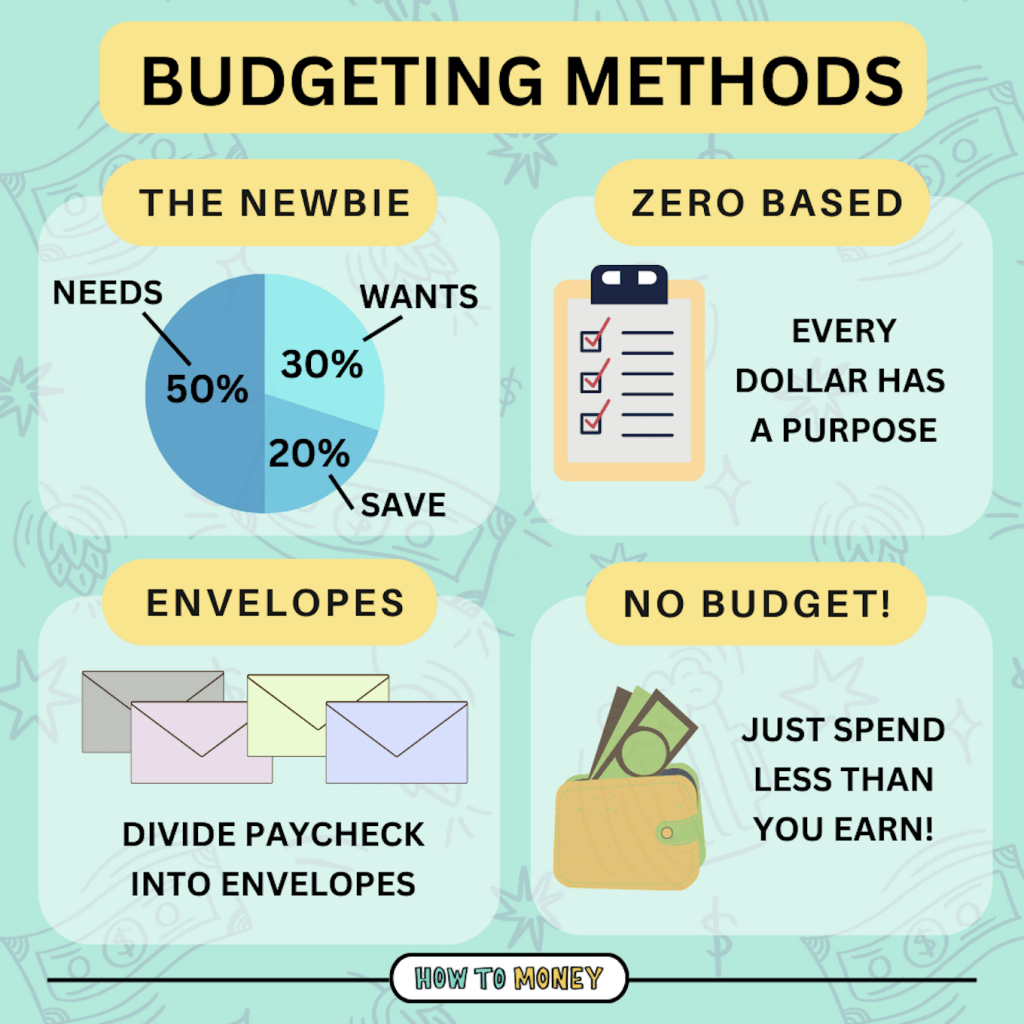
Budgeting: An Adventure Game Concept
In today’s world, financial literacy is a critical life skill, yet many people struggle with managing their money effectively. To address this challenge, we propose a concept for an engaging and educational adventure game centered around budgeting. This game, provisionally titled "Budget Quest," aims to make learning about personal finance fun and interactive, empowering players to make informed financial decisions in a simulated environment.
Game Overview
"Budget Quest" is a narrative-driven adventure game where players take on the role of a young adult embarking on their independent life. The game world is a vibrant and dynamic cityscape filled with opportunities and challenges. The core gameplay revolves around managing the player’s finances by creating and adhering to a budget. Players will face a variety of real-life scenarios, such as:
- Finding an apartment
- Securing a job
- Managing expenses (food, transportation, utilities, entertainment)
- Dealing with unexpected events (medical bills, car repairs)
- Saving for goals (travel, education, a down payment on a house)
- Investing for the future.
The game features a branching narrative, where the player’s financial decisions directly impact the story’s outcome. Good budgeting skills and responsible financial choices lead to positive outcomes, such as career advancement, a comfortable lifestyle, and achieving long-term goals. Conversely, poor financial management results in debt, stress, and limited opportunities.
Core Mechanics
- Budget Creation: At the beginning of the game, players create a personalized budget based on their income and expenses. The game provides tools and guidance to help players understand different budgeting methods (e.g., the 50/30/20 rule, zero-based budgeting). Players can track their income, expenses, and savings goals.
- Expense Tracking: Players must diligently track their spending throughout the game. They can manually enter expenses or link their virtual bank account to automatically track transactions. The game categorizes expenses and provides insights into spending habits.
- Scenario-Based Challenges: The game presents players with a series of realistic financial scenarios. For example, the player might need to decide whether to buy a new car or repair their old one, choose between different health insurance plans, or deal with a sudden job loss. Each scenario requires players to analyze their financial situation, weigh the pros and cons of each option, and make informed decisions.
- Resource Management: Players manage various resources, including cash, credit, and time. Making wise use of these resources is crucial for success. For instance, players might need to decide whether to take on a part-time job to earn extra money or use their free time to learn new skills.
- Investment Simulation: As players progress, they can invest their savings in various assets, such as stocks, bonds, and real estate. The game simulates market fluctuations and provides educational resources to help players understand investment principles.
- Debt Management: Players may encounter situations where they need to borrow money, such as taking out a student loan or using a credit card. The game teaches players about the dangers of debt and the importance of responsible borrowing.
- Financial Education: Throughout the game, players encounter educational content related to personal finance. This content is presented in an engaging and accessible way, such as through interactive tutorials, informative articles, and conversations with virtual mentors.
Narrative and Characters
The game features a compelling storyline with memorable characters that players can interact with. The narrative is designed to be relatable and engaging, reflecting the challenges and opportunities faced by young adults in the real world.
- Mentors: Players will encounter mentors who offer financial advice and guidance. These mentors could be experienced professionals, financial advisors, or even friends and family members.
- Rivals: Players may also encounter rivals who make poor financial decisions. These characters can serve as cautionary tales, highlighting the consequences of irresponsible spending.
- Friends: Players can develop relationships with other characters who share their financial goals and aspirations. These friends can provide support and encouragement along the way.
The narrative will have multiple branching paths, depending on the choices the player makes. These choices will have direct consequences on the player’s financial well-being and the overall story.
Educational Value
"Budget Quest" is designed to be both entertaining and educational. The game teaches players about essential personal finance concepts, such as:
- Budgeting
- Saving
- Investing
- Debt management
- Credit scores
- Taxes
- Insurance
- Financial planning
By providing a hands-on learning experience, the game helps players develop the skills and knowledge they need to make informed financial decisions in the real world. The game can also promote positive financial habits and attitudes, such as:
- Financial responsibility
- Delayed gratification
- Long-term thinking
- Goal setting
Target Audience
The target audience for "Budget Quest" is young adults aged 18-30. This age group is often facing significant financial challenges, such as student loan debt, the high cost of living, and the pressure to keep up with their peers. The game can also be beneficial for high school students who are preparing to enter adulthood and anyone who wants to improve their financial literacy.
Monetization
The game can be monetized in several ways:
- Premium Model: Charge a one-time fee for the game.
- In-App Purchases: Offer optional in-app purchases for cosmetic items or additional content.
- Subscription Model: Offer a subscription service that provides access to exclusive features and content.
- Partnerships: Partner with financial institutions or educational organizations to offer sponsored content or promotions.
Potential Platform and Technologies
"Budget Quest" can be developed for various platforms, including:
- Mobile (iOS and Android): Mobile platforms offer accessibility and convenience for players.
- PC (Windows and macOS): PC platforms allow for more complex gameplay and higher-quality graphics.
- Web Browser: A web-based version of the game can be easily accessed by anyone with an internet connection.
The game can be developed using various game engines, such as Unity or Unreal Engine. These engines provide a wide range of tools and features for creating high-quality games.
Conclusion
"Budget Quest" has the potential to be a highly engaging and educational game that empowers players to take control of their finances. By combining a compelling narrative with realistic financial simulations, the game can make learning about personal finance fun and accessible. With its educational value and entertainment appeal, "Budget Quest" can help players develop the skills and knowledge they need to achieve financial success and security. Furthermore, the game can be a valuable tool for educators and financial professionals who are looking for innovative ways to teach personal finance. By providing a hands-on learning experience, "Budget Quest" can help players develop the financial literacy skills they need to thrive in today’s complex world. The combination of adventure elements and realistic scenarios, with a focus on education, is what makes "Budget Quest" a truly innovative and impactful concept in the realm of financial literacy.
Further Development
To further develop this concept, the following steps would be necessary:
- Detailed Game Design Document: Create a comprehensive document outlining all aspects of the game, including gameplay mechanics, narrative, art style, and technical specifications.
- Prototype Development: Develop a playable prototype to test the core gameplay mechanics and gather feedback from potential players.
- User Testing: Conduct user testing to identify areas for improvement and ensure that the game is engaging and educational.
- Financial Planning Curriculum Integration: Consult with financial experts to ensure the game’s accuracy and educational value.
- Marketing and Promotion: Develop a marketing strategy to reach the target audience and promote the game.
By following these steps, "Budget Quest" can be transformed from a concept into a successful and impactful game that helps people improve their financial literacy.



